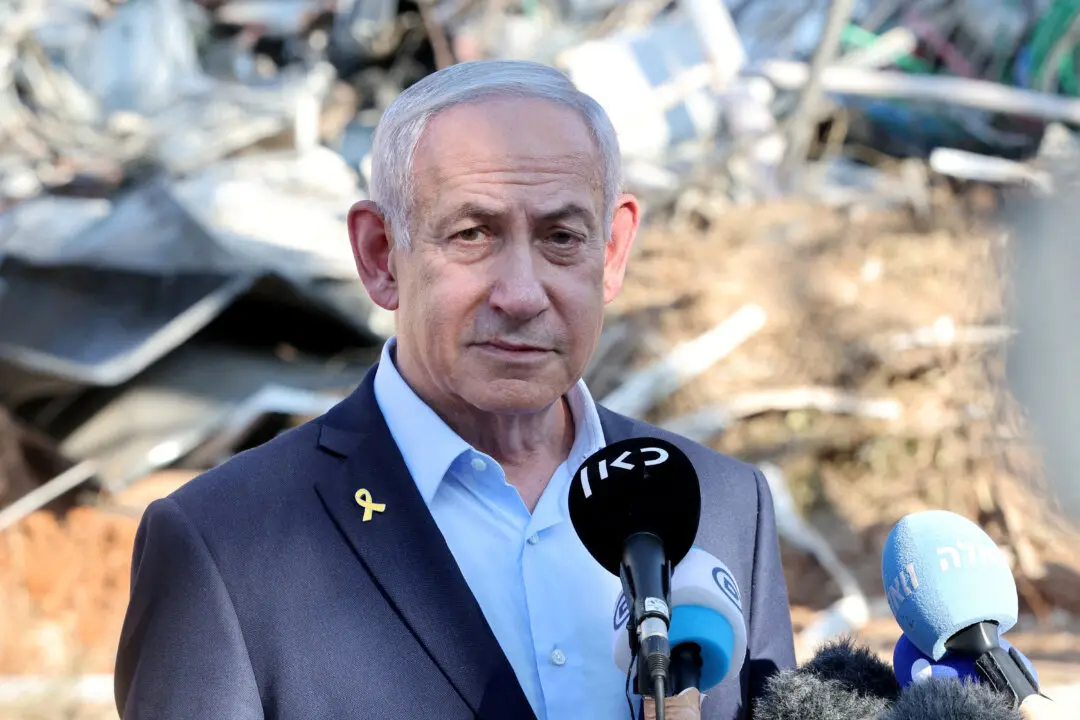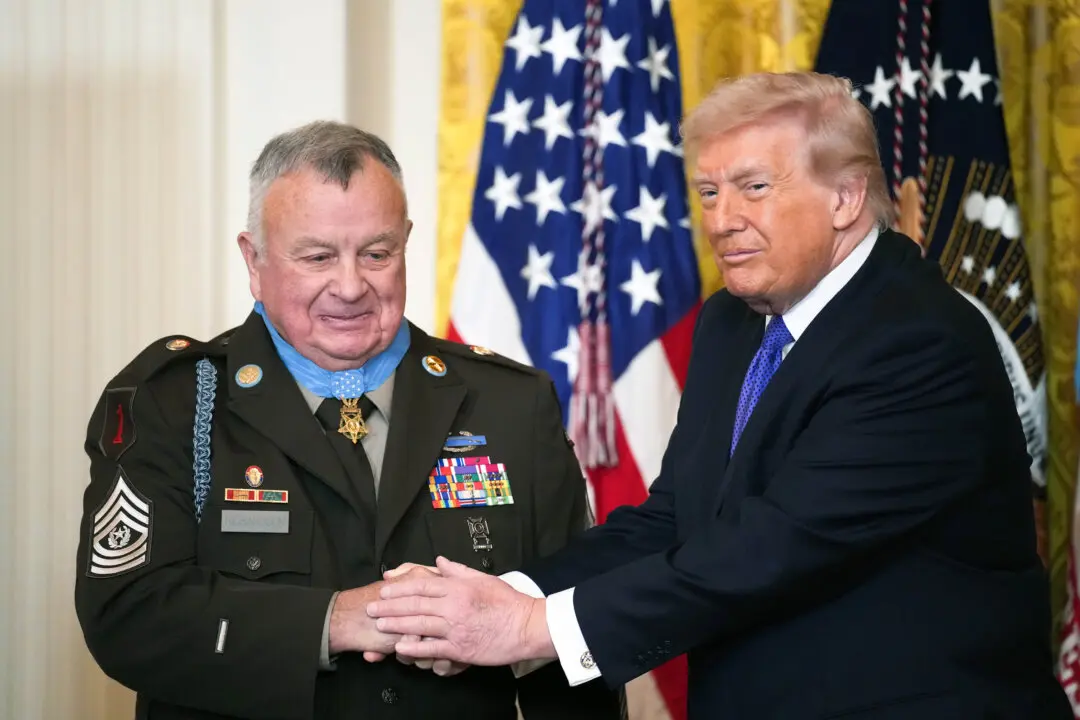The Bank of China (BOC) has opened a representative office in Papua New Guinea (PNG), its first branch in the South Pacific island nation, amid intensifying regional competition between the United States and China.
The ceremony, at the new office in the capital of Port Moresby, was attended by BOC Chairman Ge Haijiao and PNG Prime Minister James Marape on June 1.





